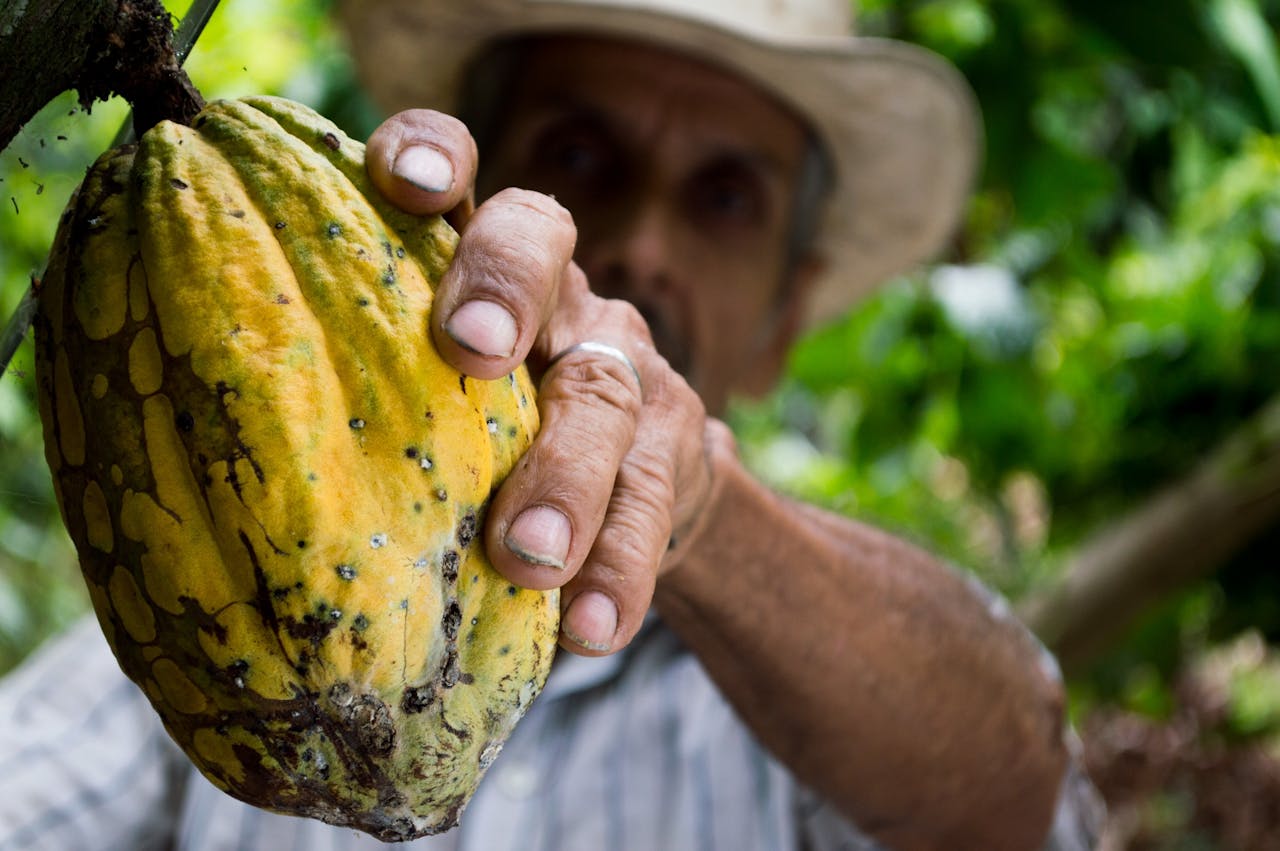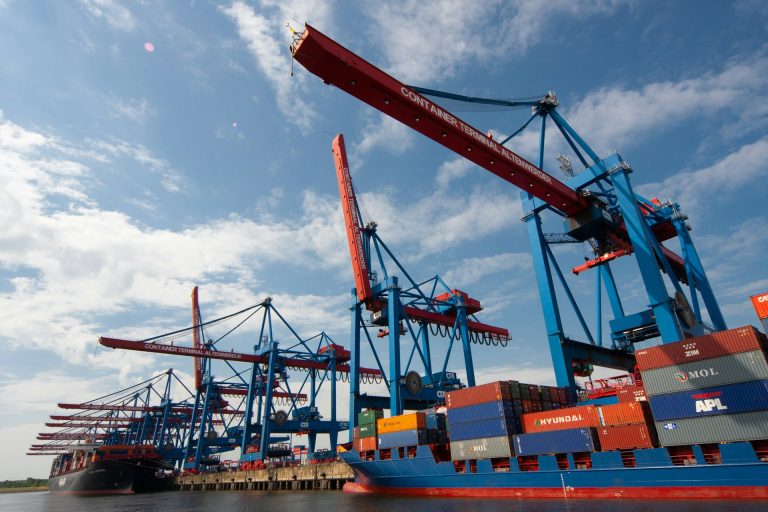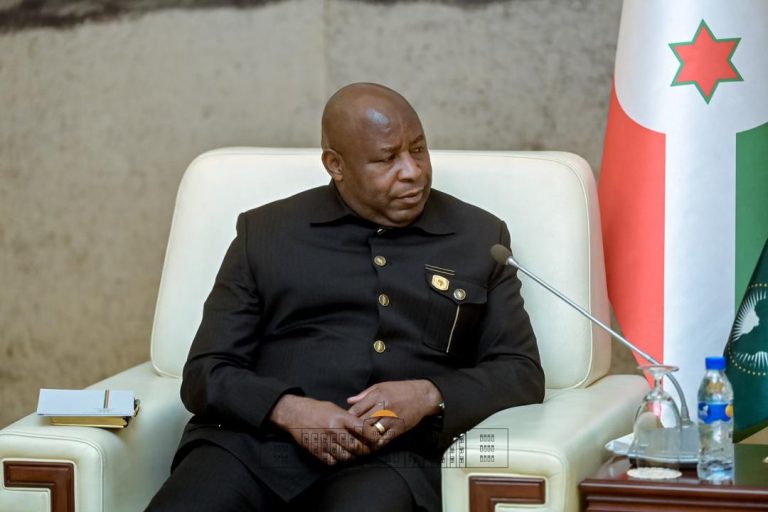- Bank pledges $117mn to cocoa industry overhaul
- Focus on sustainability, local processing and farmers’ resilience
ABIDJAN, CÔTE D’IVOIRE – The African Development Bank (AfDB) has announced a 66 billion CFA franc ($117 million) investment to reshape Côte d’Ivoire’s cocoa industry, with a focus on sustainability and value addition.
The financing package, unveiled as part of a new recovery plan, aims to strengthen the entire cocoa value chain – from orchard renewal to export – in a country that supplies about 40% of the world’s cocoa beans.
Hamdi Tidiane Niang, an agricultural development expert, said the initiative represents a sharp departure from previous efforts.
“This plan will bring many opportunities compared to other plans in the past and especially the confidence we have for the new president of the AfDB,” he told Allen Dreyfus.
He noted that earlier projects overlooked the environmental toll of cocoa farming, which has long driven deforestation.
“Today with the AfDB, the project is explicitly part of a zero-deforestation logic. It aims to intensify production on already degraded land, promote agroforestry, and align with international regulations such as the EU rules against imported deforestation,” Niang explained.
The AfDB’s “seed to market” strategy includes regenerating orchards by replacing ageing, low-yield trees with high-yield hybrids, encouraging crop diversification such as yam and maize, and boosting local food security. The plan also supports more efficient local processing.
Driving local value creation
Nearly 61% of the financing will be dedicated to strengthening domestic cocoa processing, Niang said. “This demonstrates a strategic desire on the part of Côte d’Ivoire and the AfDB to no longer be solely an exporter of raw beans, but to capture a greater portion of the added value by producing cocoa butter, powder and liquor locally.”
The AfDB has also pledged multi-layered oversight of the funds. A system involving both the bank and Ivorian institutions will be reinforced by independent audits, while the publication of progress reports will depend partly on the government’s willingness to ensure transparency.
Observers say the plan could mark a turning point in global cocoa markets. By tackling deforestation concerns while boosting processing capacity, Côte d’Ivoire hopes to secure higher revenues, reduce farmers’ dependence on a single crop, and strengthen compliance with international trade regulations.
But questions remain over implementation, transparency and whether the initiative can overcome the structural challenges that have undermined past reforms.










